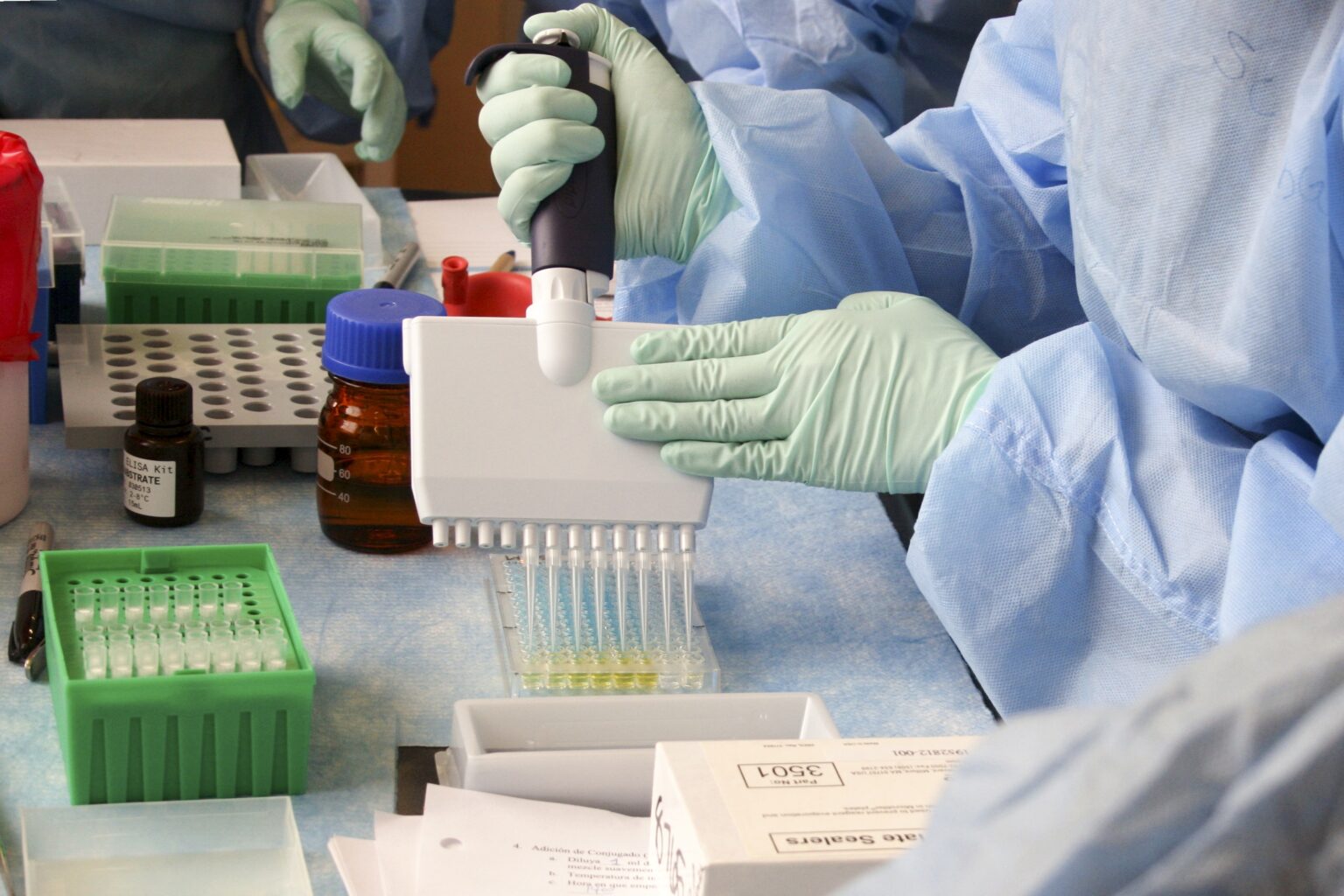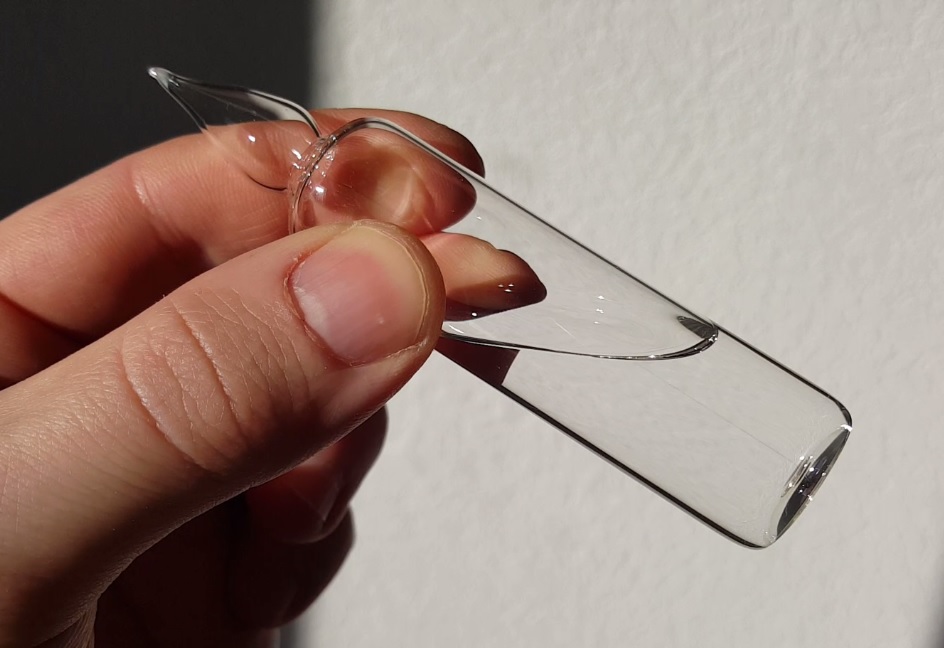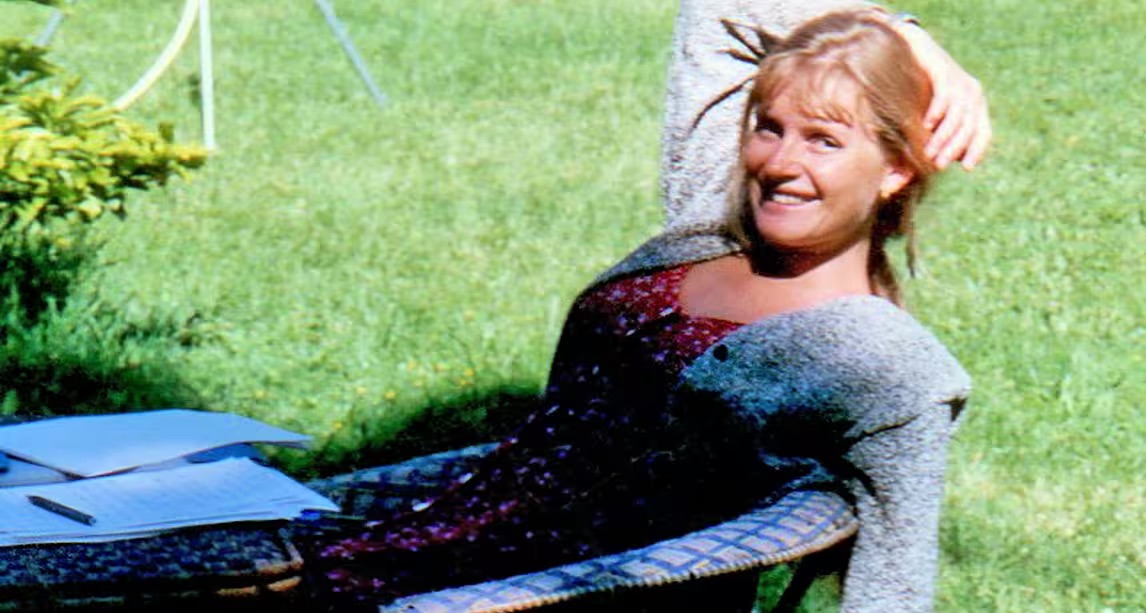Now Reading: Rebuilding Trust in Forensic DNA: A Critical Turning Point for Queensland
-
01
Rebuilding Trust in Forensic DNA: A Critical Turning Point for Queensland

Rebuilding Trust in Forensic DNA: A Critical Turning Point for Queensland
In a major step toward restoring credibility in forensic science, former New South Wales Police Commissioner Mick Fuller has been appointed to lead Forensic Science Queensland (FSQ), a laboratory previously plagued by serious operational and ethical failures. Independent reviews had revealed widespread contamination, unreliable DNA results, and an enormous backlog of untested rape-kit samples. Some investigations reportedly faced an average turnaround time exceeding 400 days, raising grave concerns about the reliability and timeliness of DNA evidence used in criminal trials. Such deficiencies strike at the core principles of forensic science—accuracy, accountability, and integrity—and severely undermine public confidence in the justice system.
Fuller’s leadership marks a strategic effort to restore scientific credibility and operational efficiency. His approach prioritizes the embedding of strict quality assurance and governance frameworks within the lab’s culture rather than treating them as secondary compliance measures. To address the growing backlog, FSQ plans to outsource thousands of DNA samples to international laboratories as part of an AU$50 million reform initiative. Fuller has also introduced ambitious targets for rapid turnaround, with priority cases such as homicides and sexual assaults expected to be processed within days, and in some instances, within 24 hours. Transparency is another central pillar of the reform, with FSQ set to publish performance data and invite oversight from independent forensic experts, including Dr Kirsty Wright and Dr Bruce Budowle.
The transformation at FSQ holds significant implications for forensic science worldwide. It underscores that technical sophistication alone cannot ensure justice—robust governance, validated methodologies, and accountability are equally vital. Forensic laboratories must be seen not merely as scientific institutions but as integral components of the criminal justice system, where every procedural lapse can affect real lives. If Queensland’s model of reform succeeds, it may serve as an international benchmark for rebuilding forensic integrity and restoring public trust in DNA evidence.









